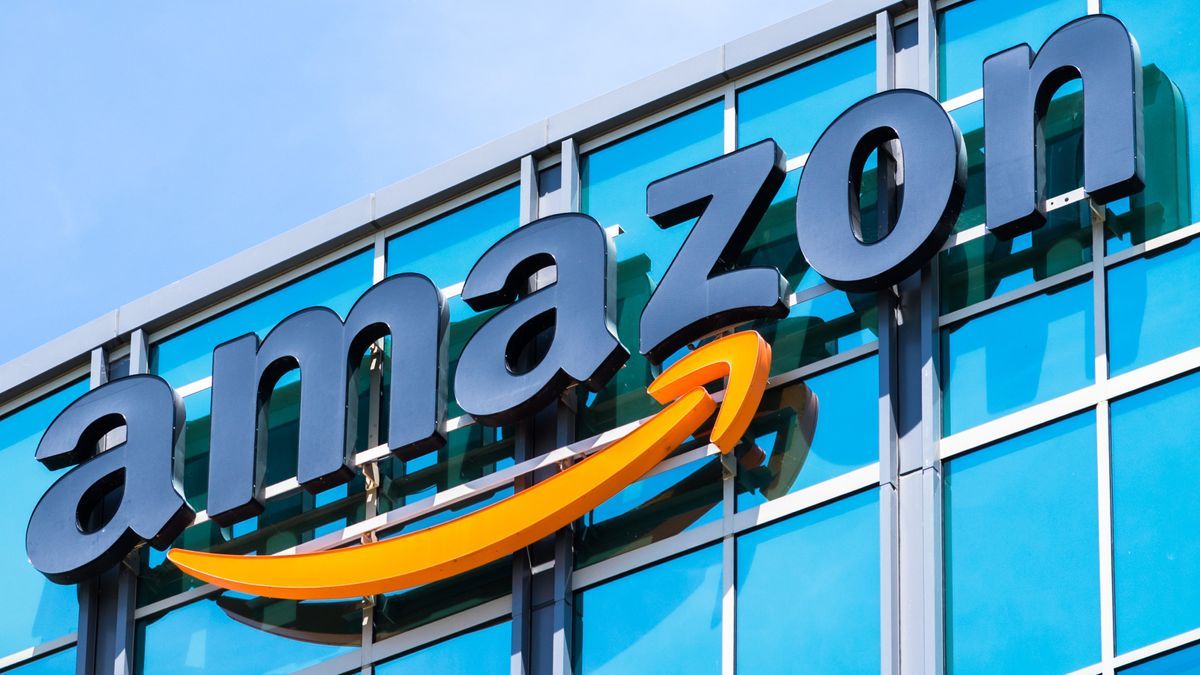A new order from the US Consumer Product Safety Commission (CSPC) has found Amazon liable for dangerous products sold by third-party sellers through its website. The unanimous vote means it must remove 400,000 dangerous items and could lead to major changes in the way we shop online.
When you shop on Amazon.com, it's reasonable to assume that the company is selling you the products. However, Amazon revealed in January of this year that more than 60% of sales through its site actually come from independent sellers who simply use Amazon as a virtual marketplace.
The CSPC has argued since it began suing Amazon in 2021 that because Amazon facilitates these sales as a “distributor” (as that term is legally defined under the Consumer Product Safety Act), it has a legal responsibility to recall and destroy the products if they are found to be defective, with the CSPC pointing to examples of dangerous items including “defective carbon monoxide (CO) detectors, hair dryers without electrocution protection, and children’s sleepwear that violated federal flammability standards,” which it says come from a list of more than 400,000 defective products sold on its website.
Amazon denies this, saying it does not meet the Consumer Product Safety Act's definition of a distributor. However, it acknowledged that the products were harmful, adding in a statement that when it was alerted to the safety issues, it “promptly notified customers, instructed them to stop using the products, and refunded their money.”
What happens next?
Well, we're at a bit of a murky stage, which almost always happens after these big verdicts. The CPSC has told Amazon that it must now work with it by submitting plans for how it will notify customers about the products included in the order and how it will work to remove and/or destroy them; in the meantime, Amazon has said it will appeal the decision.
If that appeal goes ahead, then we may not see any real changes to how Amazon operates for a while (or ever), at least not until all avenues of appeal have been exhausted.
Regardless of how things end up, the decision is likely to affect more than just Amazon. Similar e-commerce sites like Temu – which has also been shown to sell potentially dangerous products that don’t meet safety standards, as highlighted in separate tests of electric heaters and toys from Toy Industries of Europe (via Which) – could find themselves having to face off against US lawmakers if they are successful against Amazon.
While the U.S. government's decisions will likely only affect American consumers, lawmakers in other regions may feel emboldened to try to impose tougher restrictions on Amazon and other online marketplaces.
For now, we'll have to wait and see how things play out, but prepare to see some big changes in the way we shop online as the dispute between Amazon and CPSC continues.









